Mississippi residents line up to receive drinking water
People have had to line up in Jackson city, Mississippi, in the United States, to receive drinking water as running water is cut amid a years-long water pollution problem in the region.
The entire city has been without safe drinking water, with its more than 150,000 residents having no hope in resolving the problem, media reported earlier this week.
Footage posted on social media showed huge lines of cars formed at water distribution centers in the city as residents had no access to safe drinking water and schools and businesses were left with little running water.
The line at one of the water distribution centers this morning in Jackson, MS... pic.twitter.com/HjNyXxqZEx
— Louis D (@louisd217) September 6, 2022
Volunteers were mobilized in the city to distribute millions of bottles of drinking water to residents, and state officials summoned the National Guard to help in the process.
One Jackson native resident explained to the media that the city's water was contaminated with raw sewage and the relief funds given as water subsidy were not enough to cover their needs so she wanted to move elsewhere.
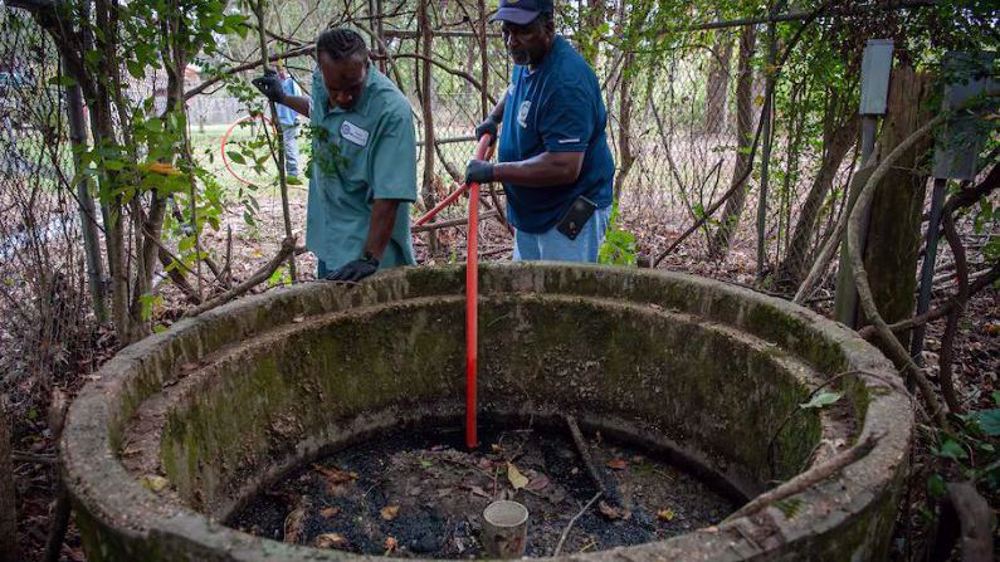
“Jackson’s water’s been messed up,” Roshonda Snell, 32, who works at a local hotel and has a 2-year-old daughter, said. “It’s infected, and you can’t even do nothing with it.”
“I spend about $200 on bottled water every month. That’s mainly what I use that money for, to buy five big cases of water for the month,” Snell said, adding, “I really want to leave Jackson so bad.”
Jackson’s population has been in decline for more than 40 years, and it is among the fastest shrinking cities in the United States.
Jackson’s water problem has been attributed to the city’s old and dilapidated water system. However, city officials insist that providing potable water is not the only problem in the US city, which also lacks functioning roads and bridges, reliable public transit, a stable electric grid, as well as a fast Internet connection. City officials see massive financial aid from the federal government as the only realistic solution to saving numerous cities like Jackson spread across the country that are suffering from decades-old infrastructure failure.
Mississippi Gov. Tate Reeves announced on Monday that water pressure had been restored in Jackson.
However, Jackson’s tap water has not yet been deemed safe to drink and the state-issued boil-water notice still remains in effect.
In an update on Monday, city officials said that they would resume sampling the water this week, provided that the water pressure is maintained, and that the city would be able to lift its boil water notice after two rounds of clear samples.
The GOP governor said “privatization is on the table” as one way to solve the city’s water problem.
Scores killed as Takfiri terrorists target Shia Muslims in Pakistan
Pezeshkian to US, Europeans: You are killing women, children
VIDEO | COP29: another climate failure?
ICC issues arrest warrants for Netanyahu, Gallant for war crimes
Israeli strikes kill 88 Palestinians in northern Gaza
American voters plainly rejected complicity in Gaza genocide: Iran FM spox
ICC should issue more arrest warrants for Israeli authorities over Gaza genocide: UN expert
Israel using AI weapons co-produced by India in Gaza genocide: Report



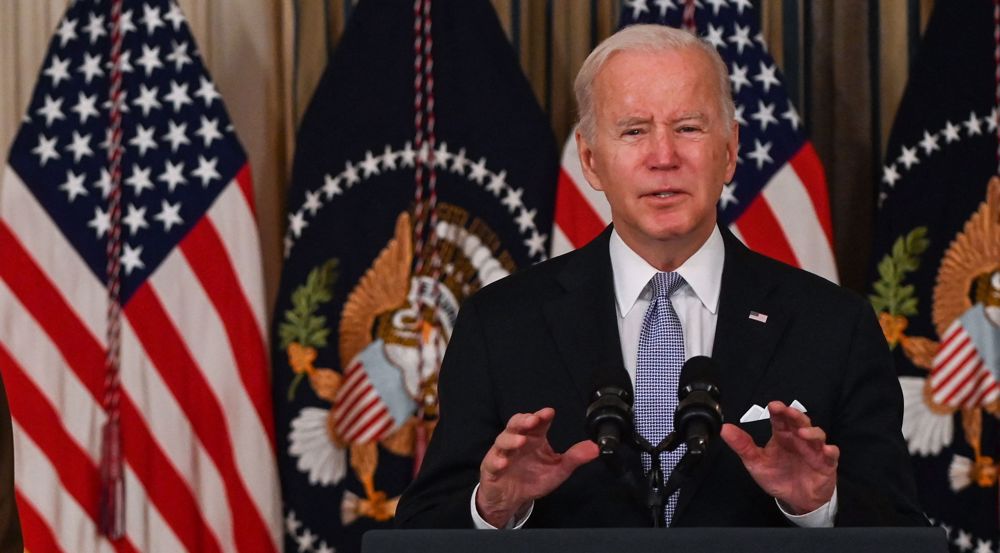
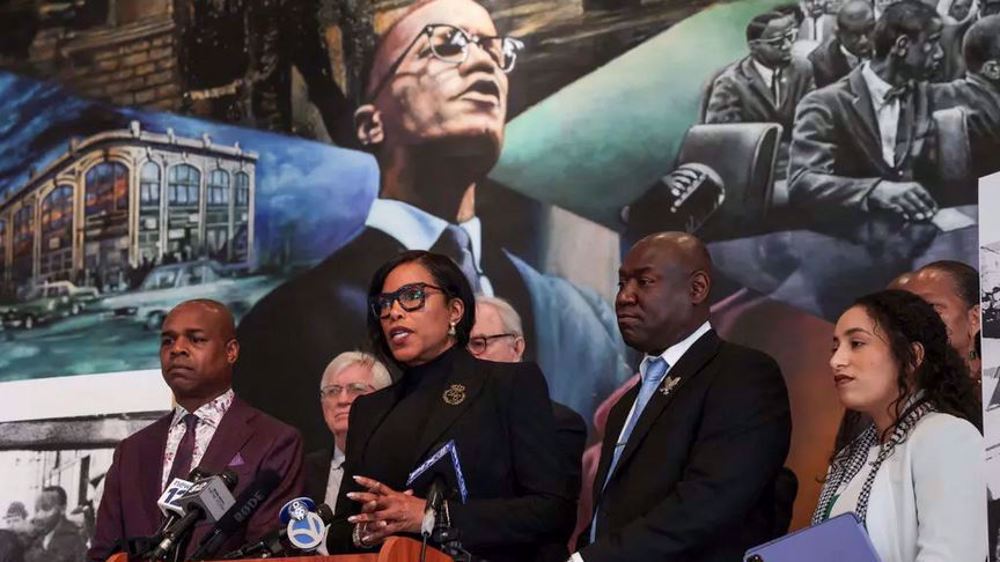
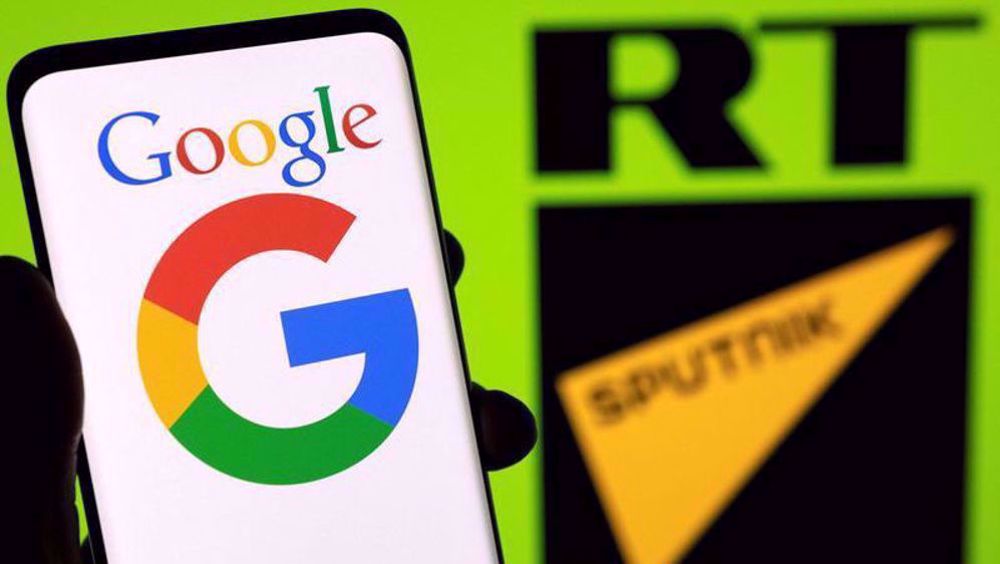




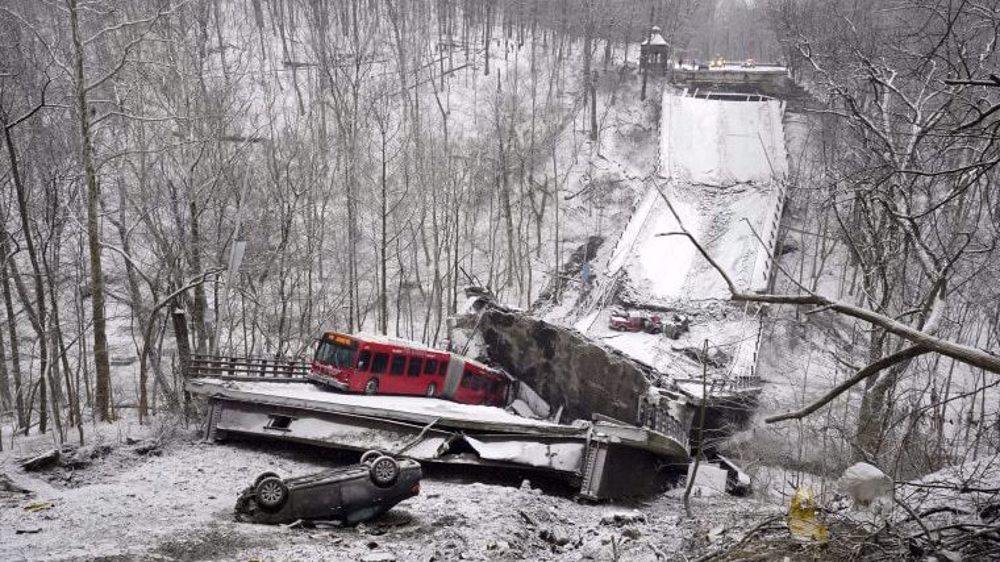
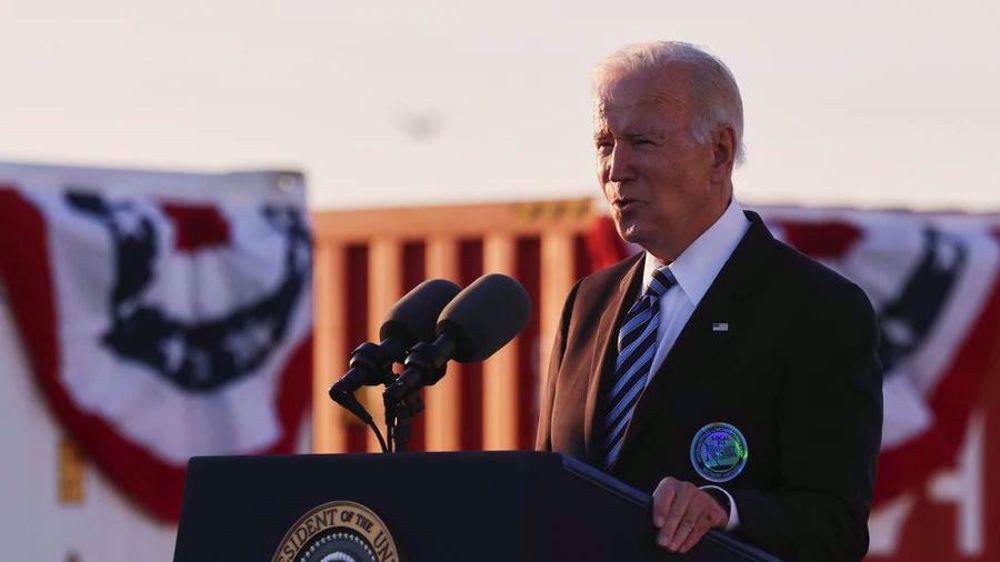
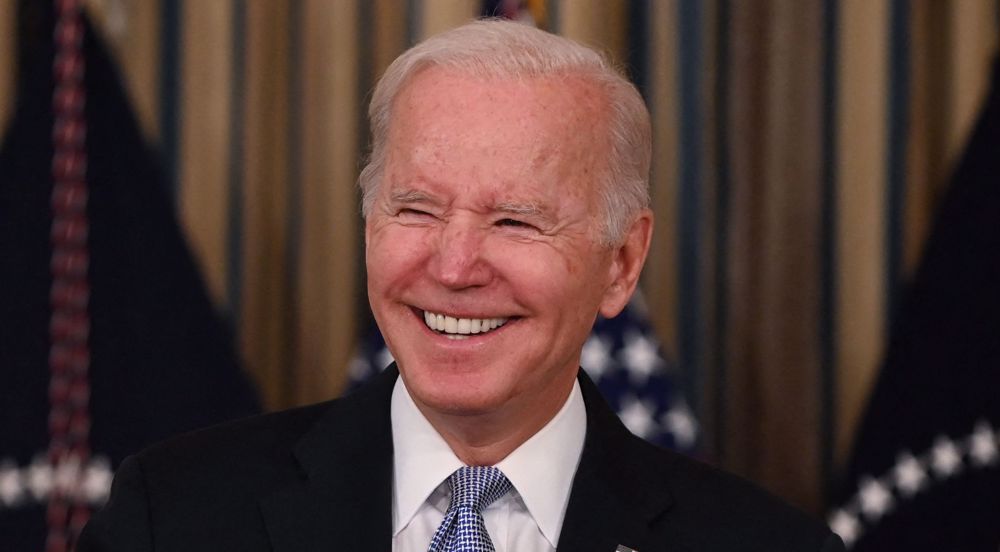

 This makes it easy to access the Press TV website
This makes it easy to access the Press TV website